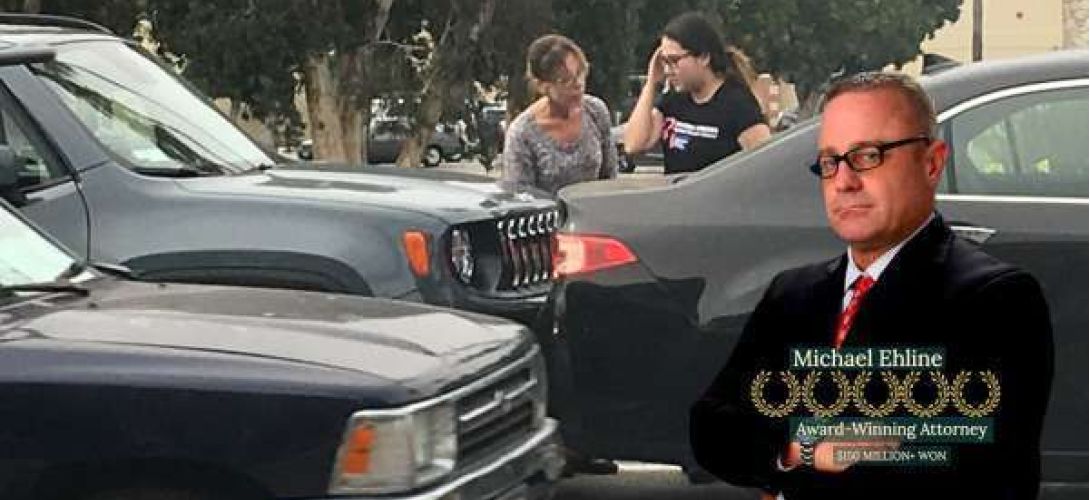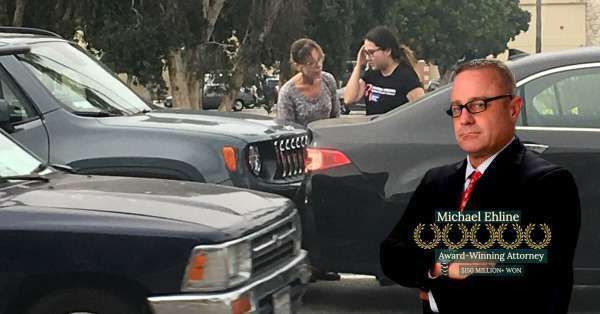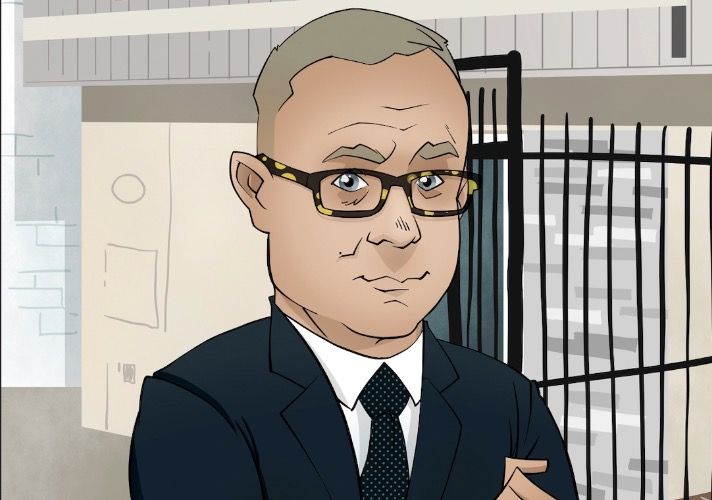
California Proposition 213: Denies Claimants’ Car Accident Compensation

California Proposition 213: Denies Claimants’ Car Accident Compensation
Understanding The History of Proposition 213

“In 1996, California voters passed Prop. 213, the “no pay, no play” initiative. Under this law, uninsured drivers can not receive pain and suffering damages for injuries suffered in an auto accident caused by an insured driver; they can only receive actual damages, such as medical bills and lost wages.” (Source).
It is a punishment passed by California voters. The general consensus is reckless or negligent drivers should not be able to obtain pain and suffering damages. But what if you did no wrong and the accident was the other driver’s fault?
Prop 213 still stands. While this might seem unfair or unjust, it is the law. There have been a few attempts to overturn the law with no success. But wait, there are a few things that you can do to work around this unfortunate law, which was mainly created to benefit insurance companies and hurt trial lawyers.
Before the passage of Prop 213, officially known as “The Personal Responsibility Act of 1996,” consumer watchdog Harvey Rosenfield and “Consumer Action” led the fight to enact Proposition 103, which rolled back outrageously expensive auto insurance rates, leading to a sequential analysis rate-setting process.
As a result, the insurance industry worked hand in hand with its commercialized, corporate friends to take away consumer rights and bring in more insurance money such as:
“Mothers Against Drunk Driving (MADD), the California Police Chiefs Association, California Association of Highway Patrolman, Doris Tate Crime Victims Bureau, California Peace Officers’ Association, Peace Officers Research Association of California, and the Association for California Tort Reform among others.” (Source).
Who Led The Opposition Against Prop 213?
Most of all, Prop 213 was opposed by the founders of the Proposition 103 Enforcement Project discussed above. Also opposing Prop 213 was the California Trial Lawyers Association and “United Policyholders.“
Several years after its passage, in 1998, the insurance industry’s surrogate, California Insurance Commissioner Quackenbush, accepted Mercury Insurance’s claim that $71 million in insurance prices were reduced due to 213 as fact. (Mercury Insurance Company is considered by many to be among the most dishonest and unfair auto insurers).
But it appeared that Mercury had reduced its motor vehicle insurance rates by “20% for uninsured motorist coverage and 15% for bodily injury coverage.” (Including any California wrongful death damages) However, most jurists feel the pro-consumer Prop 103 and not the pro-insurance industry Prop 213 made this happen.
What Is The Relevant California Code Section?
Remarkably, the codification of California’s Proposition 213 is not found in the California Vehicle Code.
Instead, it is classified under Civil Code Section 3333.4 et seq., as follows:
3333.4. (a) Except as provided in subdivision (c), in any action to recover damages arising out of the operation or use of a motor vehicle, a person shall not recover non-economic losses to compensate for pain, suffering, inconvenience, physical impairment, disfigurement, and other nonpecuniary damages if any of the following applies:
(1) The injured person was at the time of the accident operating the vehicle in violation of Section 23152 or 23153 of the Vehicle Code, and was convicted of that offense.
(2) The injured person was the owner of a vehicle involved in the accident and the vehicle was not insured as required by the financial responsibility laws of this state.
(3) The injured person was the operator of a vehicle involved in the accident and the operator can not establish his or her financial responsibility as required by the financial responsibility laws of this state. (b) Except as provided in subdivision (c), an insurer shall not be liable, directly or indirectly, under a policy of liability or uninsured motorist insurance to indemnify for non-economic losses of a person injured as described in subdivision (a). (c) In the event a person described in paragraph (2) of subdivision (a) was injured by a motorist who at the time of the accident was operating his or her vehicle in violation of Section 23152 or 23153 of the Vehicle Code, and was convicted of that offense, the injured person shall not be barred from recovering non-economic losses to compensate for pain, suffering, inconvenience, physical impairment, disfigurement, and other nonpecuniary damages. (Added November 5, 1996, by initiative Proposition 213, Sec. 3. Applicable, by Sec. 4 of Prop. 213, to actions in which the initial trial has not commenced prior to January 1, 1997. Note: Prop. 213 (The Personal Responsibility Act of 1996) also includes Section 3333.3.) [Emphasis added by author] (Source.)
As noted above, this section is not just about the failure to have auto insurance or a substitute like a bond. For example, if the injured person was guilty of violating “23152 or 23153 of the Vehicle Code,” no damages are available for pain and suffering. In short, these two sections deal with being wasted and driving.
Vehicle Code Section 23152(a) provides, in short, that it remains a misdemeanor to drive under the influence of alcohol or drugs, and Vehicle Code Section 23152(b) provides that it remains a misdemeanor to drive with .08% or greater level of alcohol in the blood.
What Happens When You Get Into A Car Accident In California With No Insurance Or Substitute?
Imagine being involved in a car accident in the state of California. The first thing that comes to mind should be, “is the car insured”? If the answer is no, you will not receive full compensation for your injuries, even if the accident was not your fault and the other party is fully insured. The only recompense you will receive is for economic damages only. Economic damages refer to lost wages, repair costs, and medical bills. You will not receive anything for your pain and suffering.
Are There Any Exceptions To California Proposition 213?
Yes, and your lawyer will be able to tell you that there are three instances in which Proposition 213 does not apply:
- The car belongs to the driver’s employer.
- The accident occurred on private property.
- The other party is drunk.
- The vehicle owner does not have insurance, but the driver does have insurance on another car.
For the last point, drivers with insurance on another vehicle will be covered for total damages as they are considered insured. This law does not apply to passengers and only to the uninsured driver, regardless of who is in the wrong.
What Can You Do If The Above Happens To You?
The first thing you should do when you realize the car does not have insurance is to contact a lawyer. A skilled lawyer will be able to help you obtain the monetary compensation that you rightly deserve. However, few lawyers would be willing to take on this case due to the low contingency fee. That’s why it’s important to find a lawyer who is passionate about fighting for justice and has a track record of taking on cases that are plaintiff-focused rather than money-oriented.
Being involved in a car accident is troublesome and especially hard if you don’t have insurance to cover your damages and costs. If you reside in California and own a car, it would be wise to look into automobile insurance packages to prevent such injustice from being done in the event you are in a car accident.
External links:
Categories
- A to Z Personal Injury Podcast
- Auto Accident Blog
- Brain Injury Blog
- Burn Injury Blog
- Civil Rights Blog
- Death Law Blog
- Dog Bite Blog
- Elder Nursing Abuse Blog
- Government Tort Blog
- Insurance Law Blog
- Piloting and Aviation Accident Blog
- Premises Liability Blog
- Products Defect Blog
- Recreation-Sports Accident Blog
- Reports
- Sea Admiralty Maritime Accidents
- Service Related Cancer Blog
- Sexual Assault Blog
- Spinal Cord Injury Blog
- Torts, Examples, Explanations
- Train Accidents Blog
- TV, Media & Firm News
- Uncategorized
Firm Archive
Main Los Angeles Location


Michael Ehline
Michael Ehline is an inactive U.S. Marine and world-famous legal historian. Michael helped draft the Cruise Ship Safety Act and has won some of U.S. history’s largest motorcycle accident settlements. Together with his legal team, Michael and the Ehline Law Firm collect damages on behalf of clients. We pride ourselves on being available to answer your most pressing and difficult questions 24/7. We are proud sponsors of the Paul Ehline Memorial Motorcycle Ride and a Service Disabled Veteran Operated Business. (SDVOB.) We are ready to fight.
